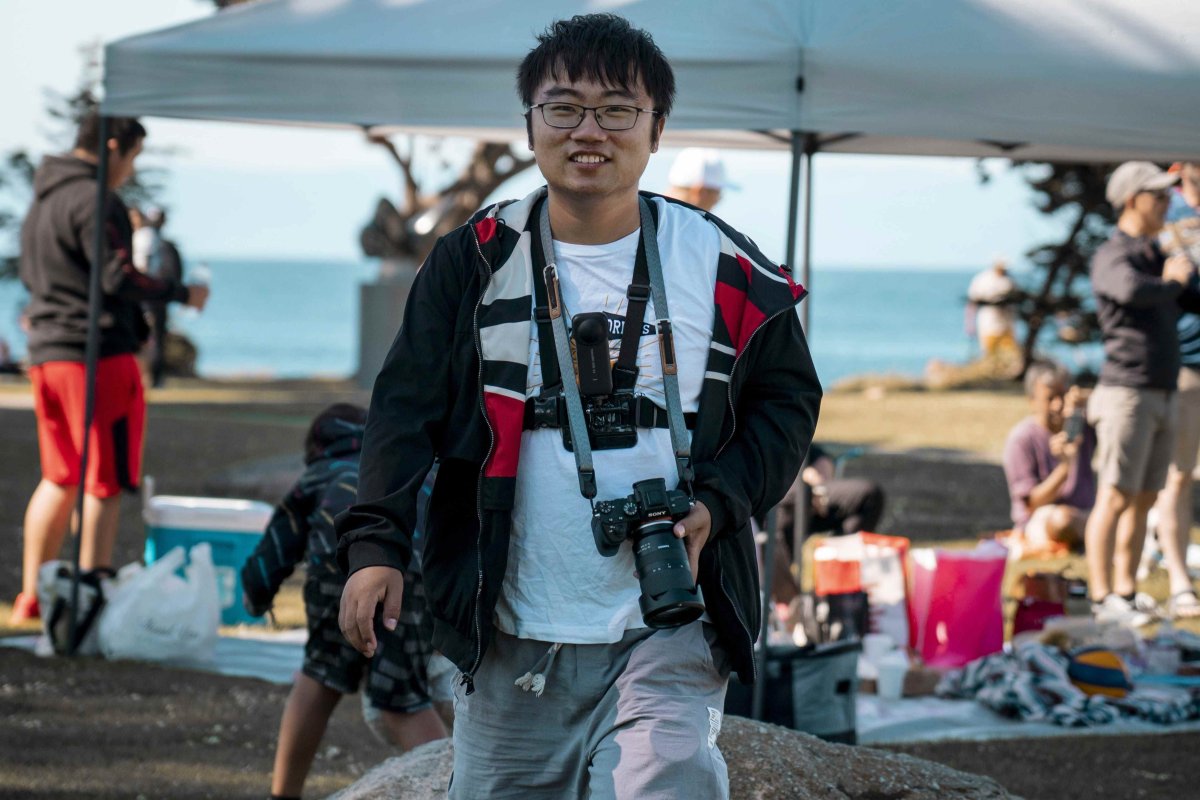Internship Spotlight: Learning About New Opportunities By Reaching out to Others

Tell me about your internship! What are your responsibilities? What projects are you working on over the summer?
This summer, I am working as a PhD software engineering intern at Google. My primary focus is on optimizing the performance of the SQL query optimizer, which is the most crucial and complex component of the entire database system. This work directly impacts overall AlloyDB database performance in production systems.
What is the most important thing you have learned thus far?
The most important lesson I've learned is the distinction between system research and creating system-related products. During my PhD, my research is driven by exploring possibilities and innovation. I often ask myself, “What is novel about our proposed method? How can I think beyond current limitations and envision the future?” This internship, however, emphasizes working within the current constraints of hardware and software, and developing practical solutions. While academic research often aims for optimal performance, industry products prioritize avoiding poor performance under all conditions.
How did your school work prepare you for this role?
While there are differences between my academic research and this industry internship, there are also significant similarities. Although the topic of my internship differs from my current research, both involve system-related projects. At university, under the guidance of Professor David Du, I learned to approach system-related research methodically. He aimed to train us to become system guys, demonstrating that research can be enjoyable. This approach involves identifying key metrics and parameters and designing solutions accordingly.
The university also offered excellent courses in operating systems and distributed systems, with well-designed projects that provided foundational knowledge essential for internships. This background knowledge has been crucial for understanding and designing new solutions in my current role.
How did you become interested in computer science and your specific areas of interest?
Towards the end of middle school, I attended a seminar about a computer science contest in China. The teacher’s introduction made me realize the potential to control the logical world, which fascinated me. Coming from a small town with limited resources, I found great enjoyment in solving one puzzle after another.
My interest in infrastructure-related research developed during my second year at Shandong University. I was accepted into an elite class that required us to work as research assistants, despite my initial unfamiliarity with research. Over time, I discovered a passion for it.
What are your future career goals? How has this position impacted your goals?
I think I am on the path to becoming a system guy. I aim to work in system-related and infrastructure-related fields, conducting industry research on real-world systems. I want my designs to have tangible impacts and to enjoy the design process. Recently, my lab mates and I have begun working on LLM-related infrastructure projects, which has been incredibly exciting and rewarding. I am open to any system-related industry job where I can make a real difference.
What advice would you give to someone pursuing a similar internship in the future?
I have three pieces of advice. First, while AI and Python are super hot topics, it's crucial to have a strong foundation in computer architecture, operating systems, distributed systems, and languages like C++. These are essential, even if you are focusing on AI.
Attend academic conferences to network, meet industry professionals, and explore job opportunities. Conferences offer a platform to connect with companies and peers.
Practice regularly on platforms like LeetCode. Many interviews include challenging questions with time constraints, so consistent practice can significantly improve your performance. It helps to have a friend to practice with you.